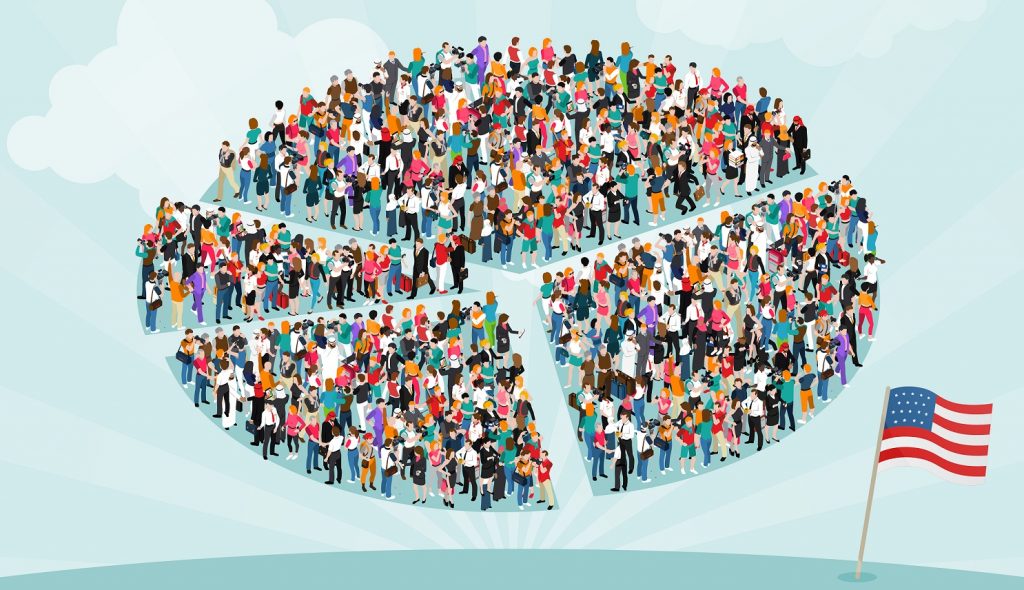As of 2018, Hispanic workers make up 17.5% of the US labor force and that number is only expected to rise in the coming years. As the US workforce becomes more and more diverse, it’s important that employers adapt. Embracing diverse employees, and their needs can be greatly beneficial. Research has found that businesses that prioritize diversity more than other companies can see larger financial returns.
Hispanics are the fastest-growing U.S.-born segment of the population. From 2014 to 2060, a 115% growth in the US Hispanic population was expected, meaning there is an increasingly greater need for employers to celebrate diversity.
The Changing US Workforce
As the Hispanic population grows in the US, it’s easy to see how the Hispanic presence in the workforce will grow. This shift will be even more palpable once the Baby Boomer generation phases into retirement. In 2016, one out of every four Americans under the age of 18 was Hispanic, with 66,000 Hispanics turning 18 every month. This means that the Hispanic youth will be quickly replacing less diverse workers from the Baby Boomer generation as they retire.

With more than 83 million people born between 1982 and 2000, the millennial generation is much more diverse than past generations. Around one-quarter of all millennials are Hispanic and the number of Hispanic millennials, and the projected rapid growth for the overall Hispanic demographic, are expected to be catalysts for significant changes to the U.S. workforce.
Embracing Diversity at Work
The US working world will continue to evolve, there is no doubt about that. Employers have to capitalize on the value their workforce can provide and they can do so by providing proper resources to their employees. Embracing and encouraging diversity is beneficial to all parties and is necessary to effectively compete in a global marketplace. A movement for change in 2020 has changed America for the better, especially when it comes to promoting fair hiring practices and diversity in the workplace. There are ample diverse workers available for hire with unemployment rates so high, so now is a prime opportunity for companies to commit to hiring a more diverse workforce.
Hispanic workers can help address expected workforce skill shortages if they have the proper tools and support to make these achievements a reality. Compared to other millennials, Hispanic millennials are more likely to search for a workplace that makes them feel comfortable and where they see a long future. To begin the process of prioritizing diversity and ensuring that all employees feel respected and supported, businesses can adopt diversity and inclusion programs. These programs can help foster loyalty, which is a trait millennials tend to lean towards if they feel valued.
If organizations make the effort now to have a more diverse workforce, the future will look very promising for them, as they will attract and retain workers that are loyal, eager to learn, and who are able to evolve as technology and trends evolve.









